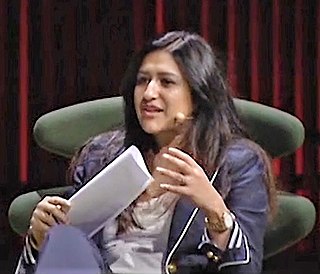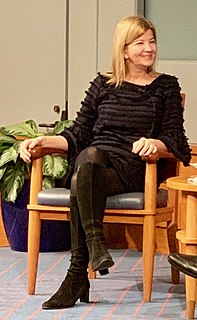A Quote by Elaine Welteroth
The next generation of luxury consumers are much more socially conscious, and they look to invest in brands that see the world the way they do.
Related Quotes
Most brands that are called luxury brands today are not true luxury brands. The globalization of fashion and luxury means you now find the same luxury brands in every city. The stores look the same, the products are the same. It is still a very good quality product but it is now readily available to everyone. It's a kind of mass luxury.
Brands' use of social media is not a matter of yes or no. It is simply a matter of how and when. The next generation of consumers will expect their brands to always be available, providing interactive experiences and bringing value to our lives by taking advantage of social media tools in their marketing communications
The event concept was sparked from a shared observation amongst these leading lifestyle brands that the economic rebound has spurred greater liquidity into real estate, the stock market is setting new heights and consumers are generally stepping out more for luxury goods and services. After many years of pulling back, it was fun to see guests flirting with temptation, whether that was a new home, a new car, a new look or just to learn more about the trends. Others were happy to take in all the action.
If old consumers were assumed to be passive, then new consumers are active. If old consumers were predictable and stayed where you told them, then new consumers are migratory, showing a declining loyalty to networks or media. If old consumers were isolated individuals, then new consumers are more socially connected. If the work of media consumers was once silent and invisible, then new consumers are now noisy and public.
We'll continue to see more and more brands integrate social causes, charitable components and environmental issues as underlying themes to their campaigns and messaging. Humans connect with humans after all, and brands are using this as a point of connection to engage with their audience, especially charity-minded Generation Y.
What would ultimately de-escalate the challenges of society would be for people to get educated, especially for more women to be educated because when more women are educated, they invest much more of their time and income in ensuring that the next generation would perform even more than they have done.
When the trust is high, you get the trust dividend. Investors invest in brands people trust. Consumers buy more from companies they trust, they spend more with companies they trust, they recommend companies they trust, and they give companies they trust the benefit of the doubt when things go wrong.































